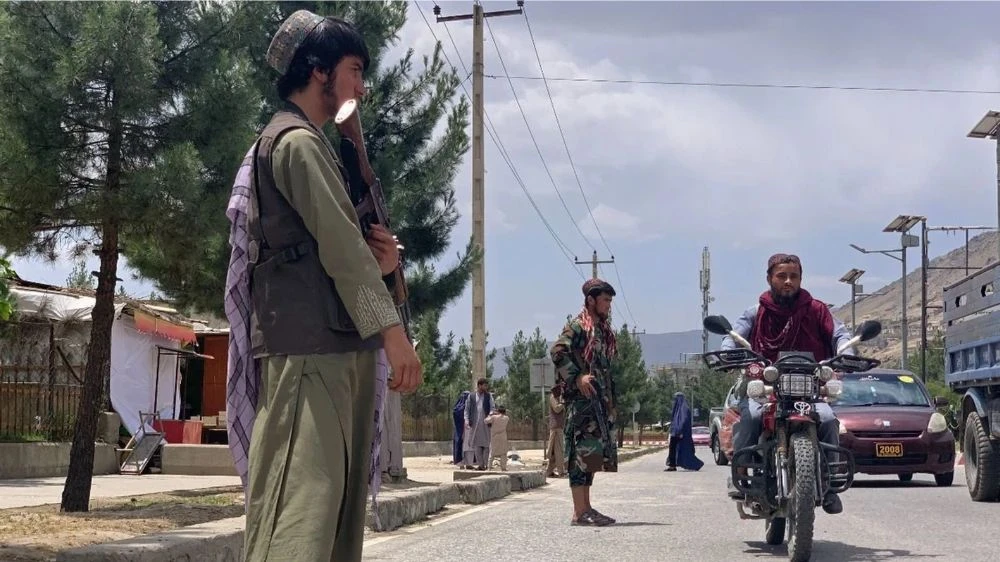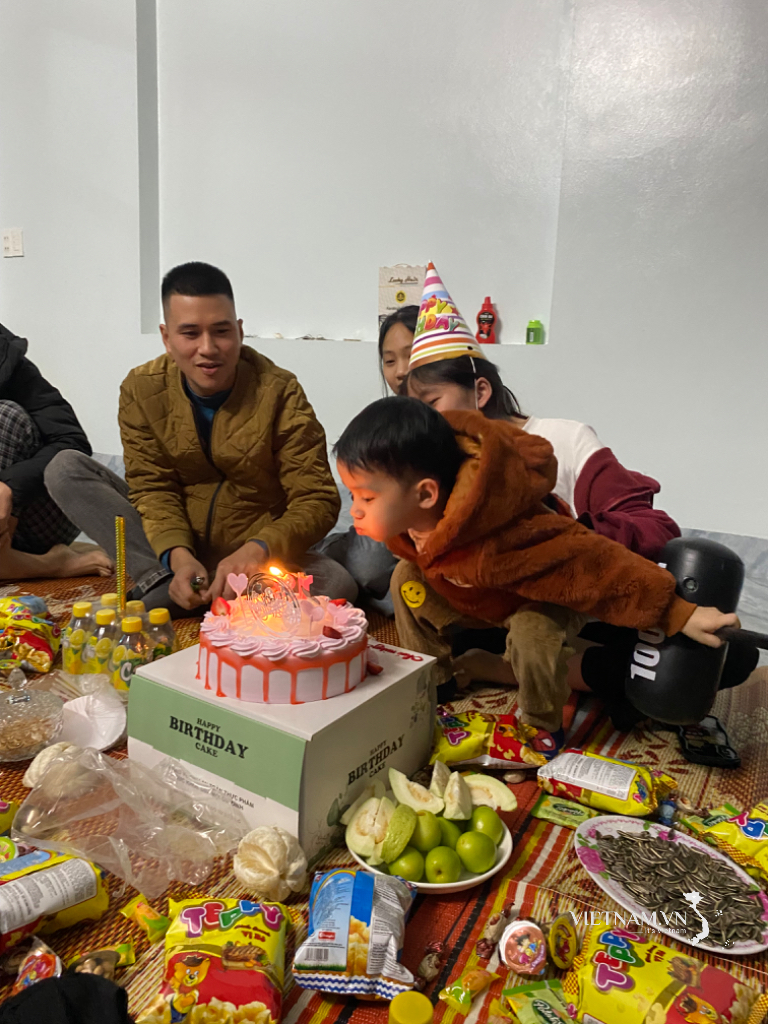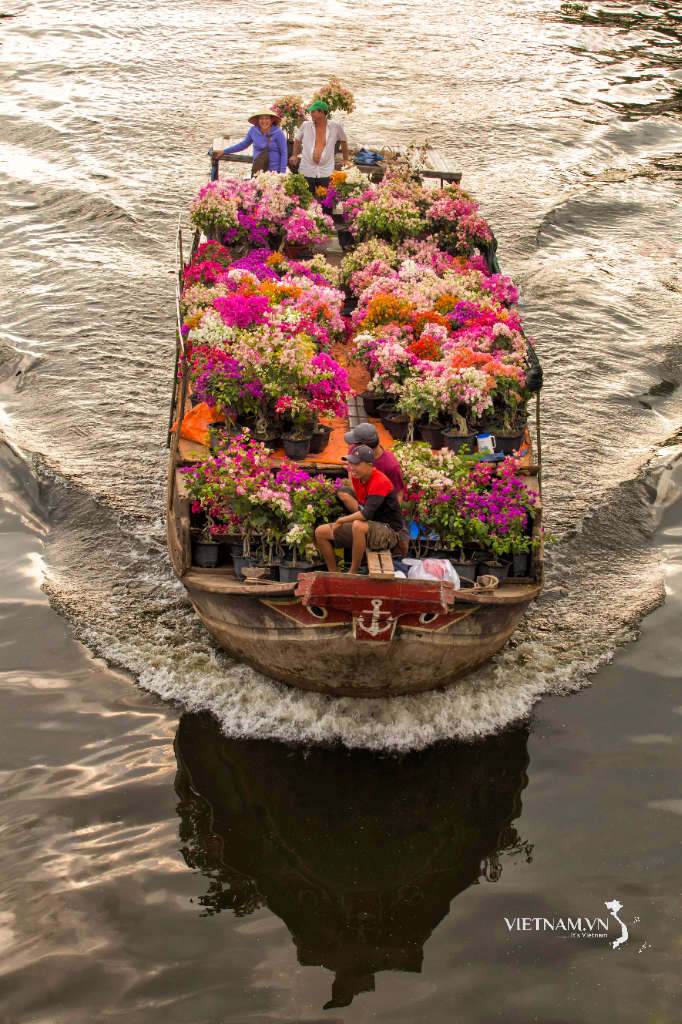The fact that the Taliban government is sending representatives to the 3rd United Nations-sponsored conference on Afghanistan, scheduled to take place from June 30 to July 1 in Doha, Qatar, is attracting significant international attention.

The Taliban stated that their delegation attended the conference to represent Afghanistan and express their views on important topics such as aid to Afghanistan and creating opportunities for investors. Malick Ceesay, head of the UN Assistance Mission in Afghanistan (UNAMA) liaison office based in Pakistan, argued that attention was crucial for a country mired in crisis like Afghanistan. In a global context witnessing numerous conflicts, the UN does not want Afghanistan to be forgotten.
Attending the conference for the first time also marked a shift in the Taliban regime's approach to international organizations. The Afghanistan Conference, initiated by UN Secretary-General Antonio Guterres, aimed to strengthen the international community's engagement with Afghanistan in a more coordinated, structured, and organized manner.
The Taliban were absent from both conferences held in May 2023 and February 2024, citing the UN's refusal to accept their conditions regarding aid. They also rejected criticisms of their harsh policies towards Afghan women. Observers expect this meeting in Doha to lay the groundwork for a series of meaningful meetings between stakeholders on ensuring the rights of women and girls in Afghanistan.
To date, the Taliban regime has not received the support of the international community. Many countries, international organizations, and aid agencies have cut funding to Afghanistan. The Taliban regime's ambition to achieve self-sufficiency has not been realized, causing the Afghan economy to continue to deteriorate.
According to UN figures, the number of Afghans in need of humanitarian aid has increased by approximately 60% since 2021 and now accounts for more than two-thirds of the population. The Taliban's imposition of harsh restrictions on women, such as banning access to education and prohibiting them from working with aid agencies both domestically and internationally, has further exacerbated the already severe humanitarian crisis in the Southwest Asian nation.
THANH HANG
Source: https://www.sggp.org.vn/thay-doi-cach-tiep-can-post745087.html






































































![[Image] Ho Chi Minh City simultaneously commences construction and breaks ground on 4 key projects.](/_next/image?url=https%3A%2F%2Fvphoto.vietnam.vn%2Fthumb%2F1200x675%2Fvietnam%2Fresource%2FIMAGE%2F2026%2F01%2F15%2F1768472922847_image.jpeg&w=3840&q=75)








































Comment (0)